- BlackVoter.Org
- Posts
- BlackVoter.Org
BlackVoter.Org

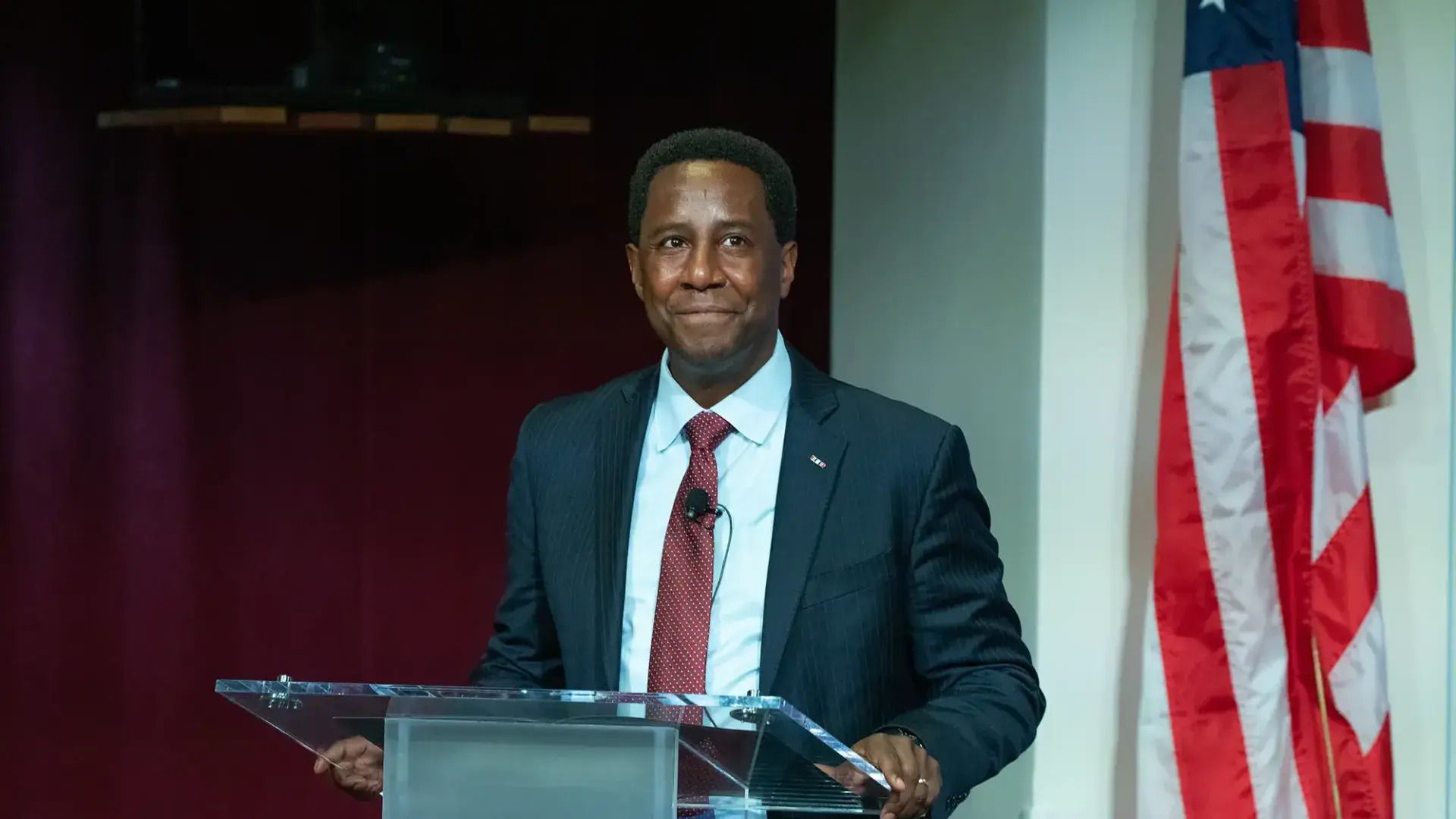
Setti Warren, the director of the Harvard Institute of Politics, has passed away at the age of 55, leaving a profound legacy of public service and mentorship. Remembered as a tireless leader, Warren served as the mayor of Newton and was notably the first African American to be popularly elected to lead a Massachusetts city.
His impactful career spanned roles in local and federal government, including a stint at the Clinton White House and leading FEMA's New England division. Colleagues and students have expressed immense sorrow over his passing, praising his dedication to teaching and inspiring future leaders.
As Dean Jeremy Weinstein stated, Warren encouraged students to embrace politics and serve their communities. His infectious enthusiasm for discourse and his unwavering commitment to public service created a lasting imprint that will resonate within Harvard and beyond for generations to come.
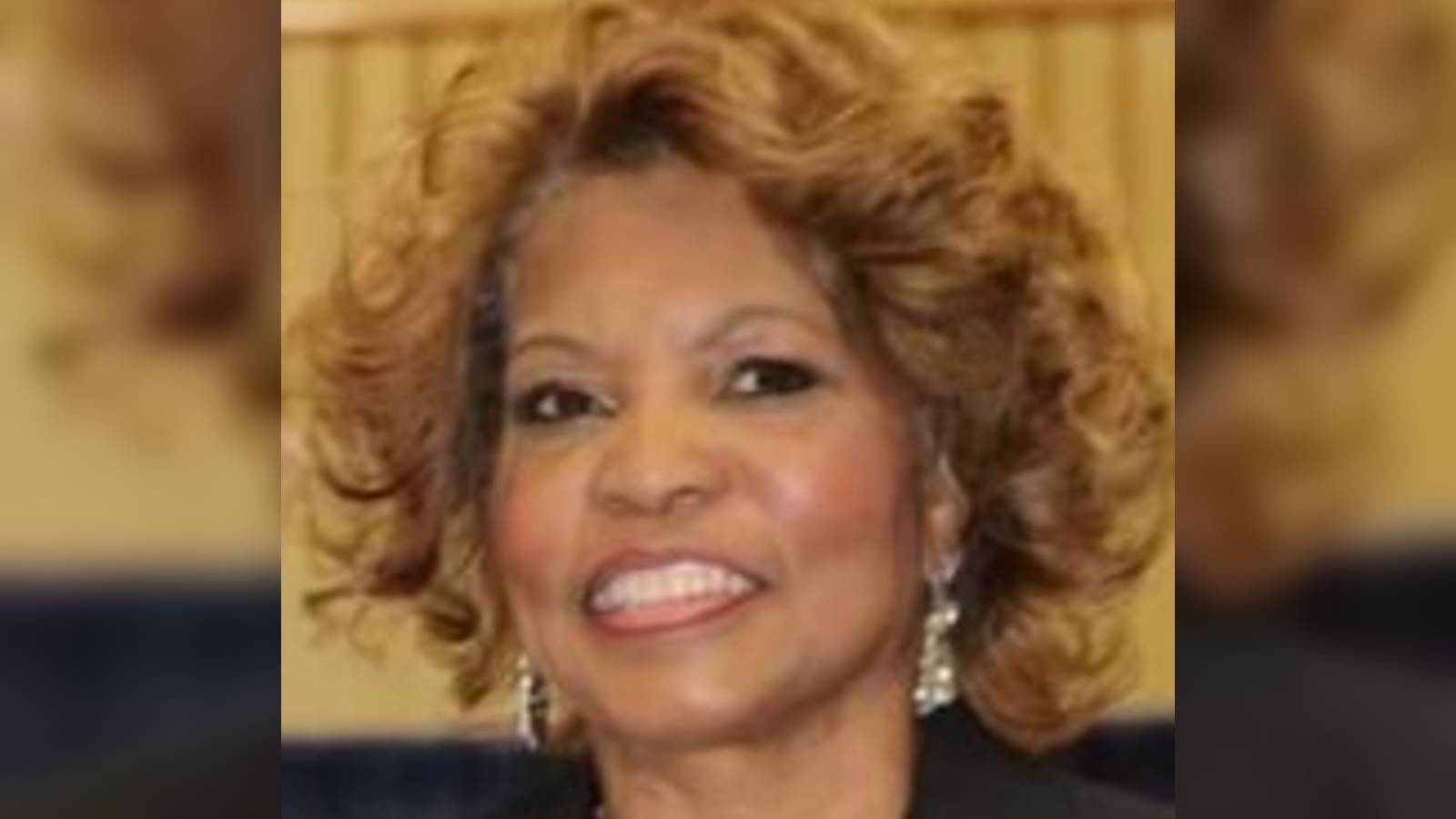
In a groundbreaking election, Democrat Theresa Gillespie Isom has made history as the first African American and first female senator from DeSoto County in Mississippi. Her victory in the newly created majority-Black Senate district comes after a federal court ordered redistricting aimed at amplifying Black voting power.
Isom triumphed with an impressive 63% of the vote against Republican Charlie Hoots, signaling a significant shift towards Democratic representation in the region. Passionate about advocating for healthcare access and community empowerment, Isom expressed her readiness to represent all constituents, regardless of background.
"This win means the people of DeSoto County now have a voice, not just Republican," she stated. As her historic journey begins, Isom is poised to champion issues that matter most to families and ensure that every voice is heard in the legislature.

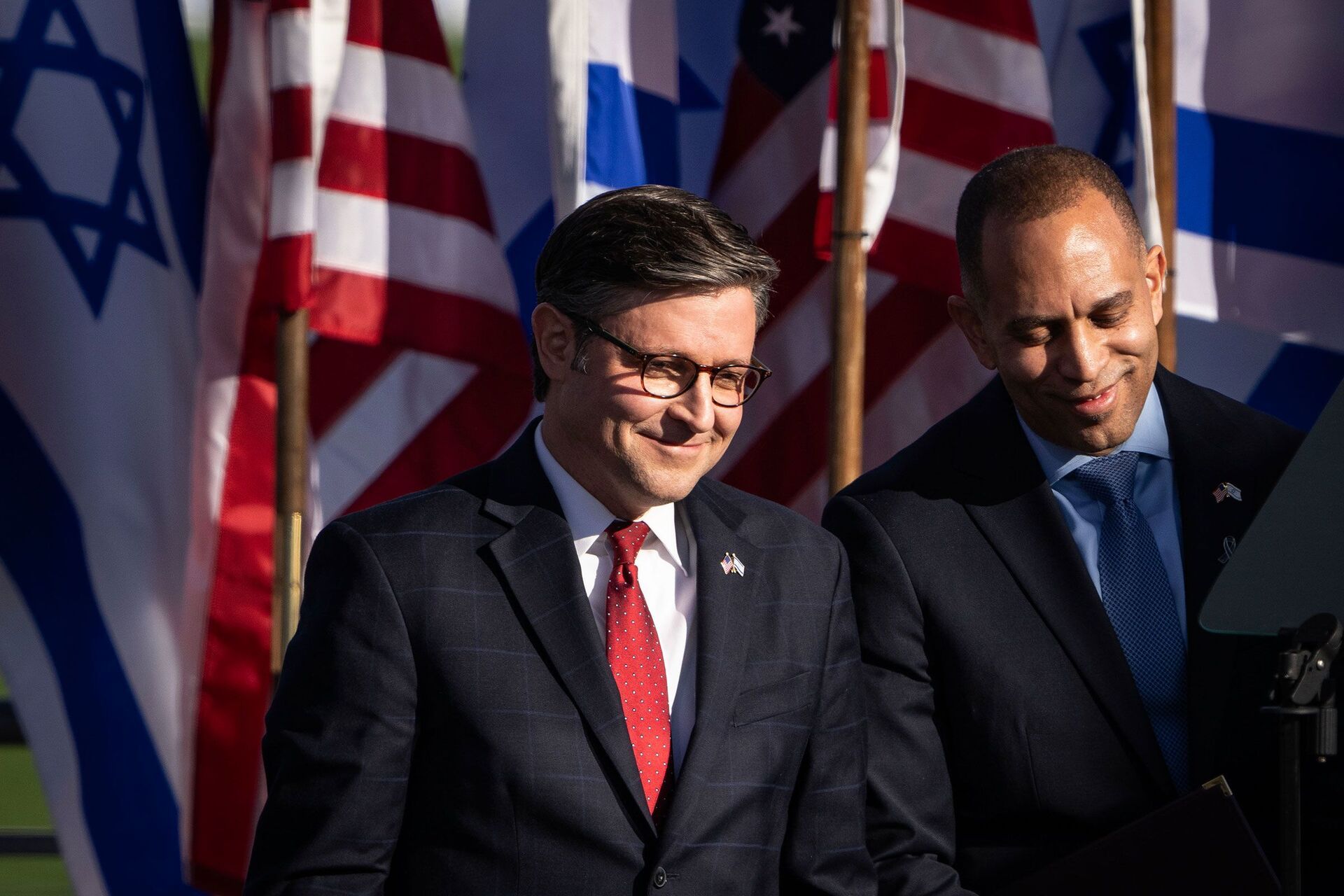
Once seen as potential allies in fostering bipartisanship, Speaker of the House Mike Johnson and House Minority Leader Hakeem Jeffries have witnessed their relationship deteriorate amid the chaos of Trump-influenced partisan politics and a prolonged government shutdown. Initially bonded over shared values and early legislative cooperation, the dynamics shifted dramatically as Johnson aligned more closely with Trump, leading to accusations of partisanship from Jeffries.
Both leaders have resorted to increasingly sharp rhetoric, blaming each other's parties for the ongoing crisis. As their public exchanges grow tenser, lawmakers express concern over their fractured relationship, questioning whether the genuine respect they once had for each other can withstand the pressures of current political realities.
With the stakes high and critical funding at risk, both sides recognize that their ability to collaborate is essential for restoring normalcy, yet the looming shadows of Trump’s influence complicate this once-promising partnership.

The Black unemployment rate has hit a concerning 7.5%—the highest since October 2021—raising alarm bells for the U.
S. economy.
This stark figure, more than double the rate for white workers, reflects not just systemic issues but also troubling economic trends, including recent federal job cuts and uncertainty from tariffs. Experts like economist Gary Hoover see these rising numbers as a potential predictor of broader economic downturns.
Black men, notably, face a 7.1% unemployment rate while younger Black workers face a staggering 24.
8%. The current labor market poses significant challenges, particularly for Black Americans, who have historically suffered from higher unemployment due to structural inequities.
The situation raises questions about recovery amidst an uncertain economic landscape, with hopes hinging on swift action from Congress to mitigate impending risks. This downturn warns us that the future might be more turbulent if proactive measures aren’t taken soon.
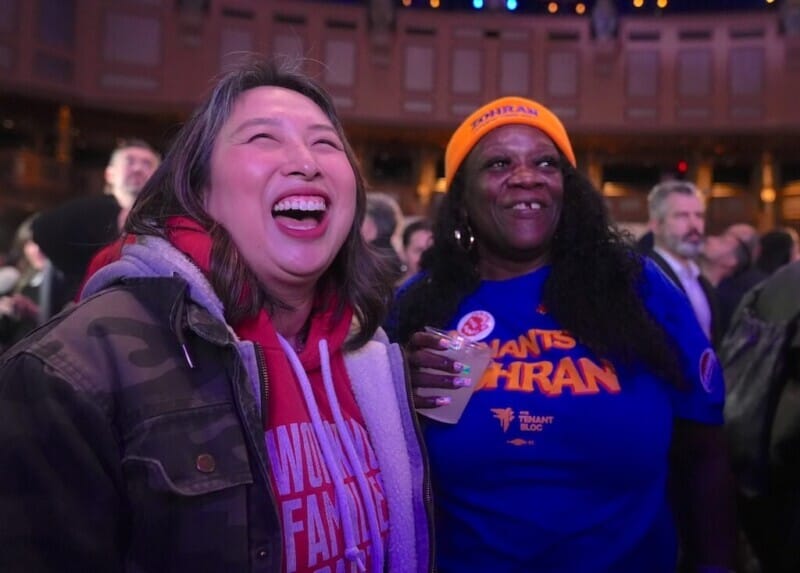
Zohran Mamdani's recent victory in the New York City mayoral election signals a transformative shift in American politics. This win highlights a rising tide of left populism, challenging traditional centrist ideologies that have failed to resonate with many voters.
Mamdani's grassroots approach, focusing on issues like economic hardship and social justice, resonated deeply with the working and middle classes, paving the way for a new kind of political discourse that prioritizes the marginalized. His success not only reflects a broader disillusionment with elite politics but also suggests that the future of U.
S. political competition may center around populism—whether left or right.
As both parties grapple with this shifting landscape, Mamdani's campaign signifies an empowering movement within the Democratic Party, potentially setting the stage for a new political era defined by passionate, anti-establishment voices willing to address the real concerns of everyday Americans.
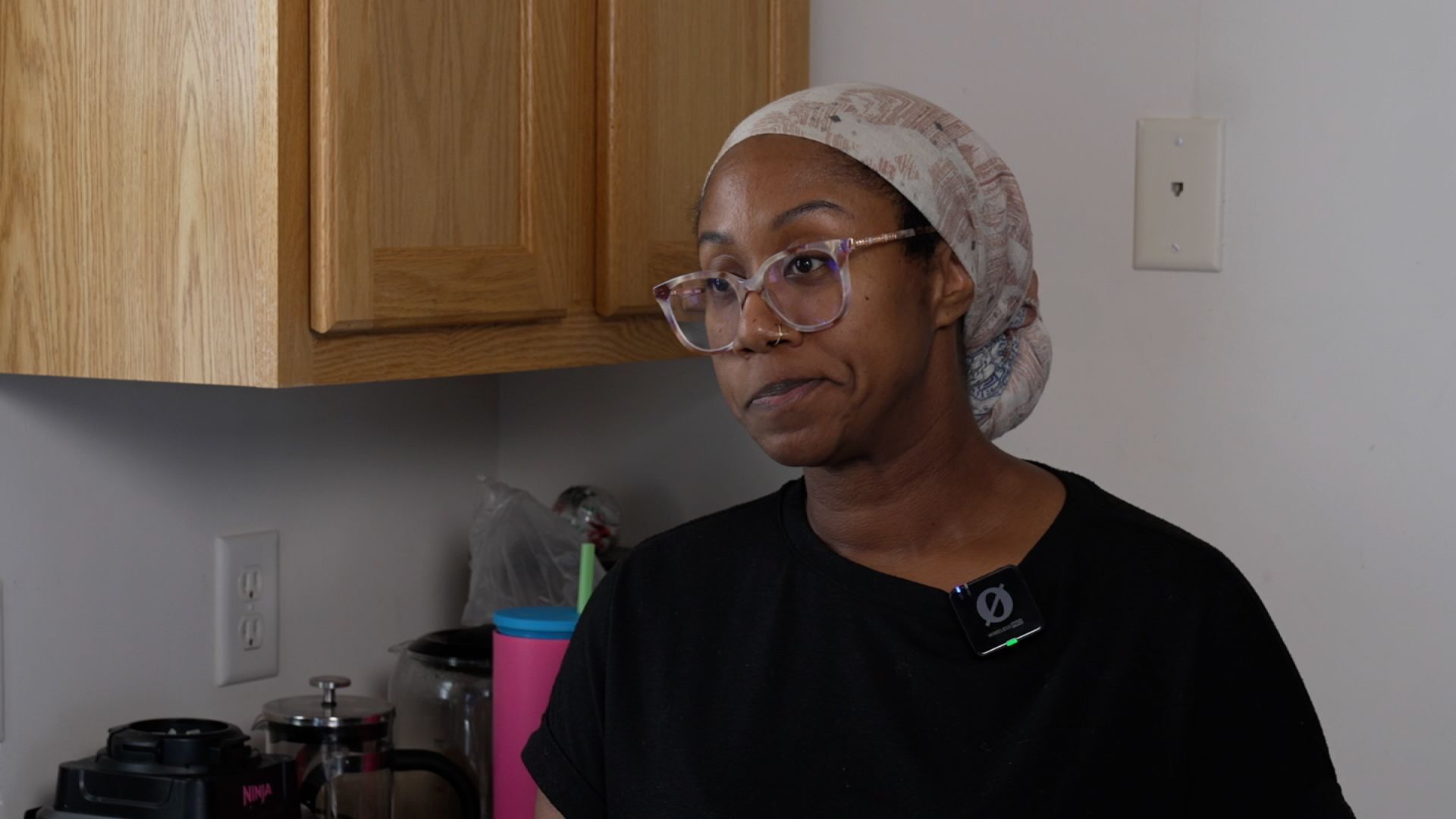
In West Virginia, families are struggling as SNAP benefits dwindle amid a government shutdown, disrupting food security for millions. Onita Norris, a single mother of two, faces the heart-wrenching choice of skipping meals to ensure her children are fed.
She earns $2,800 a month, yet after rent and bills, only $100 remains for groceries. Despite typically relying on $265 from SNAP, the ongoing budget impasse leaves her scrambling for alternatives.
Similarly, Laura Bowles, a mother of five, shares her frustrations about explaining the situation to her children while cutting back on essentials like food and utilities. The local food banks, already stretched thin, report a dramatic increase in demand, highlighting the urgent call for lawmakers to act on this critical issue.
As families cope with heightened economic pressures, the intertwining of food access and politics reveals the profound impact government decisions have on everyday lives.

In a historic moment for Detroit and the nation, Mary Sheffield has been elected as the city's first Black female mayor, joining the ranks of other major cities like Los Angeles and Atlanta that have recently embraced Black women in leadership roles. Celebrated by chants of "First female mayor!" on primary election night, Sheffield secured an impressive 77% of the vote against her opponent.
This milestone reflects a growing trend of empowerment and representation, as Black women continue to rise as transformative leaders across U.S.
cities. As they break barriers and shatter glass ceilings, their leadership is poised to reshape urban governance and inspire future generations.
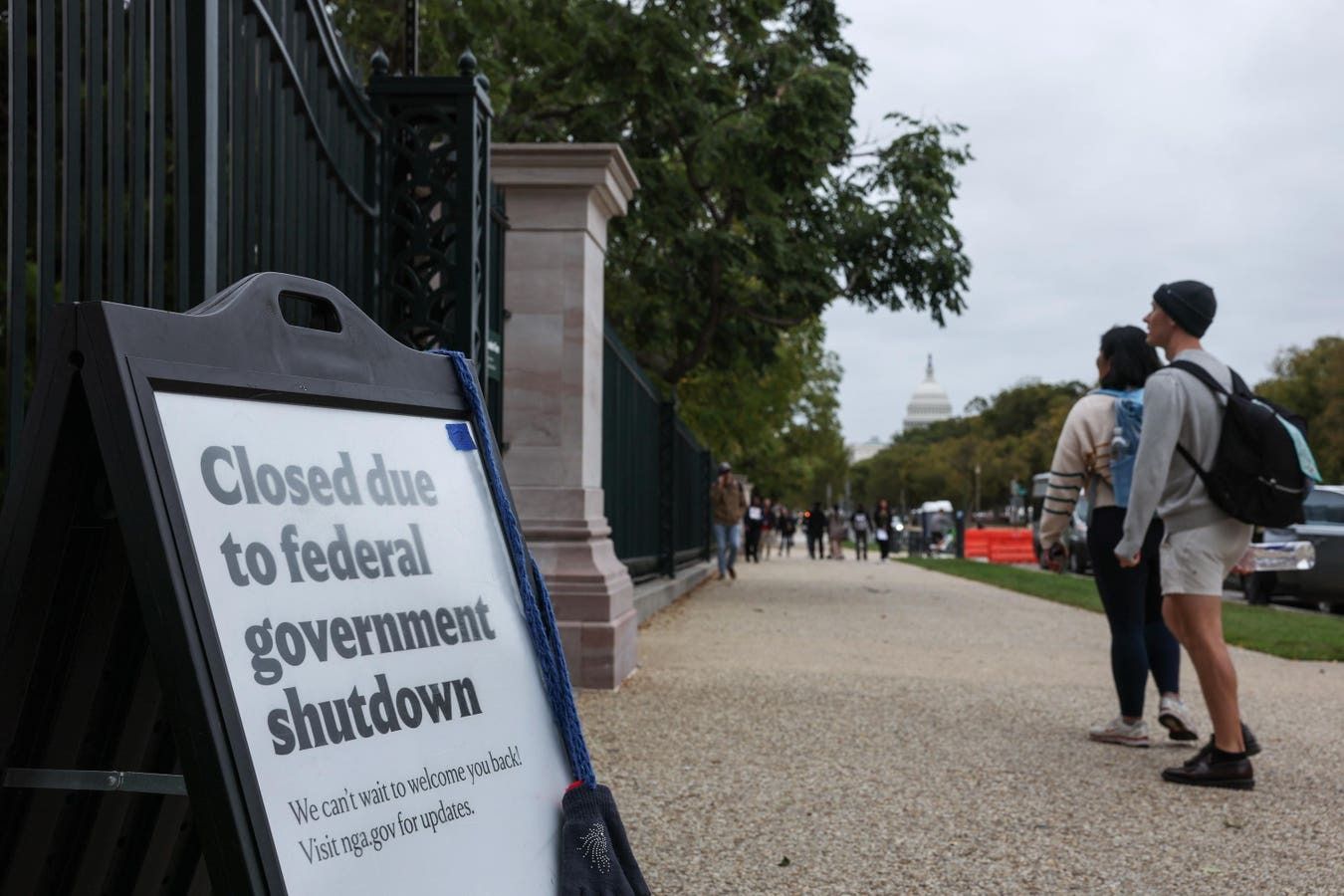
The U.S.
government shutdown has officially entered its historic 36th day, marking the longest in American history, surpassing the previous record set during Trump’s presidency. As millions feel the pinch, SNAP benefits for around 42 million Americans are only partially funded this November, with potential ripples felt across consumer spending, as every dollar in SNAP generates $1.
50 in economic activity. Small businesses are particularly hard-hit, missing out on $170 million in SBA-backed loans daily, with new loan applications stalled, crippling growth and planning.
Additionally, this shutdown creates travel chaos, with staffing shortages jeopardizing air travel efficiency during the busy holiday season. With hundreds of thousands of federal employees furloughed or working without pay, the economic ramifications deepen, painting a worrying picture of a nation caught in a political stalemate.
As the shutdown drags on, the ongoing impacts will continue to unfold, keeping Americans on edge.